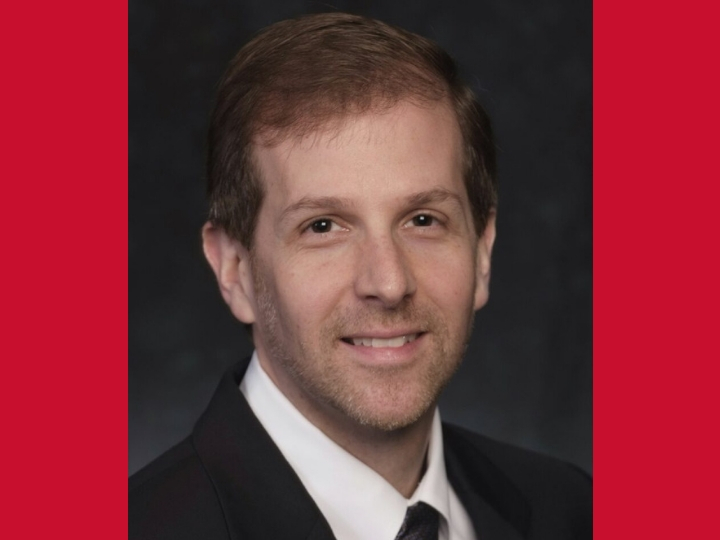

Anytime along a student’s travels through school, difficulties in math can arise for a variety of reasons that might include math-specific and other cognitive problems, lack of motivation, socioeconomic barriers and educational factors. Now with a four-year $2.5 million grant from the National Science Foundation, University of Houston associate professor of psychology Paul Cirino is probing the minds of 1,000 Houston Community College students taking developmental or remedial math coursework to find out where the stumbling blocks occur.
“These community college students represent a paradox. They nominally meet basic math requirements because they have high school diplomas or equivalencies, but they do not demonstrate math proficiency that meets minimum entry standards for college-level math, which is the equivalent of high school algebra,” said Cirino.
Until now very little research on older students and math disability existed. Most of what is known is based on studies of students in preschool and kindergarten through the early grades. In fact, it is not entirely clear what a math disability is or looks like at the college level.
“Once we understand the combinations of factors that create a math learning disability, we can identify who may be more likely to struggle and by uncovering the nature of that difficulty. We can begin to make inroads into how we can meet that need,” said Cirino who is joined by an interdisciplinary team including research assistant professor Tammy Tolar, professor of computer science Ioannis Pavlidis, associate professors of education Jennifer Chauvot and Lyle McKinney, professor of mathematics Jiwen He, and several team members at Houston Community College.
Three objectives of the project include evaluating the influences of key factors (arithmetic, cognitive, motivational, affective, self-regulatory) on math placement exam results, utilizing sophisticated statistical modeling to compare different methods of identifying a math learning disability, and evaluating whether students with and without a math disability differ in their problem solving strategies. Researchers will use new approaches to measure participants’ internal states (via physiological arousal and thermal facial imaging) as they negotiate math problems.
Grappling with mathematics presents a key barrier to STEM (science, technology, engineering, mathematics) participation, something the NSF grant is targeting, not just to create more STEM professionals, but to enrich the lives of those struggling to live in our technological society.
“We all engage in STEM participation. It’s unavoidable. We have finances where we need to make decisions based on interest, and we need to understand probabilities as they involve our health. These are math concepts, and we want to increase literacy in all these arenas,” said Cirino.
To impact educators, once the findings are discovered, Cirino will share results with the math education community and with the Center for the Integration of Teaching and Learning, an NSF-funded network of universities focused on the development of graduate students planning academic careers in STEM.
“These graduate students represent future faculty very likely to interact frequently with undergraduate students who may be at risk for failure in STEM courses,” said Cirino.